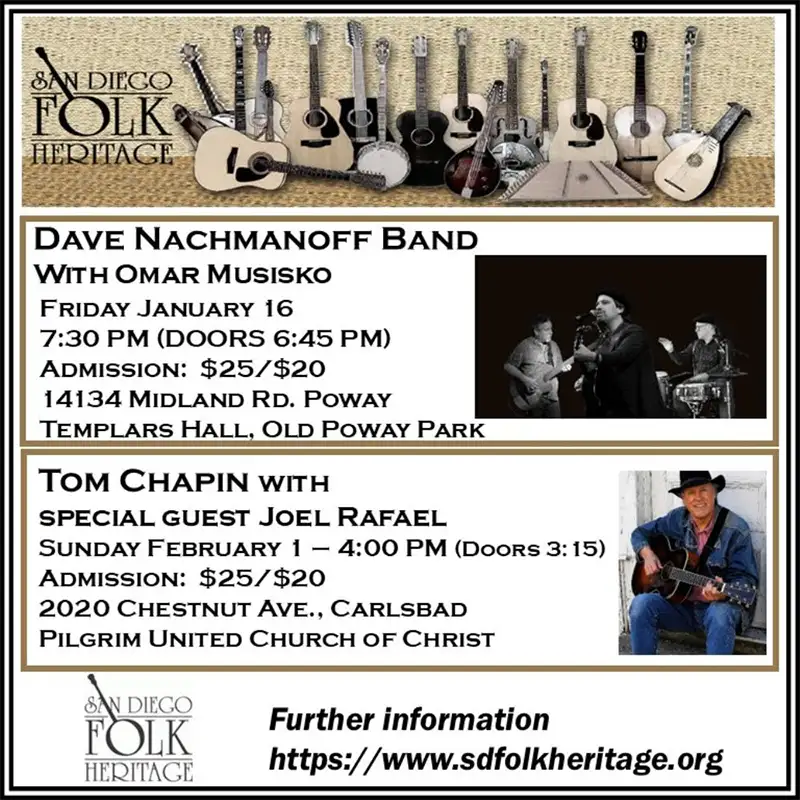Music and the Law
What Paperwork Should I Bring to a Recording Session?
Background
While taking the first step into the recording studio may be exhilarating, you need to consider which documents you may need to bring to make sure all your bases are covered as a recording artist. It is important to understand and keep in mind that once your song is recorded, it’s just the beginning in terms of the law. First, when you record a song, there are two copyrights to your work: the sound recording (SR) and the musical composition (PA). For example, an audio recording of a person playing an instrument or singing a song is an example of a sound recording. On the other hand, musical compositions refer to the underlying music, like the melody, rhythm, and harmony, along with the accompanying lyrics. Let’s take the example of “We Found Love” by Rihanna. The sound recording, which may be in MP3 format in iTunes or a WAV file on Spotify, is considered separate from the actual notes and lyrics performed by Rihanna. As a result, the two works are subject to different rules and can be sold or licensed separately. Whether you produced the song electronically, wrote the lyrics, or both, it is essential you know the implications of copyright law the minute you walk into the recording studio.
Split Sheets
Songwriting can be a highly collaborative process with many different writers and creative voices. It is understandable that if you are collaborating with more than one artist writing a song, the credit must be noted and accurately documented. This is where a split sheet comes in. In order to ensure that all authors of a work are adequately compensated—and rightfully credited—split sheets are used to delineate the shares of ownership in a composition. It is up to the parties involved to decide how they want to split ownership of a song, and this is usually decided on a case-by-case basis after the end of the first writing session. For example, did the songwriters put in equal amounts of time and effort? In this case, it may make sense to divide the rights equally. Did you write the majority of the lyrics of a composition, but another co-writer just wrote the pre-chorus? In this case it may make more sense to give each writer a percentage according to their contribution.
Creating a split sheet at a minimum includes composers and lyricists of a song, dealing with the musical composition copyright. The sheet will include information such as all legal names, specific roles of each author and their contribution, ownership percentage, and any Performing Rights Organization (PRO) or publishing companies if applicable. Registering your work with a PRO is necessary for songwriters and publishers to collect monies when a song is publicly broadcasted or performed. The Mechanical Licensing Collective and music publishers handle the mechanical royalties, which are songwriter royalties earned from digital downloads and streaming on platforms such as Apple Music and Spotify. Remember, as stated above, songwriters and music publishers are tied to the musical composition portion of the song, while a label, producer, or performer (e.g., the artist who sings the lyrics on a recording) will be tied to the sound recording portion of the work.
While hiring a music attorney to draft an agreement specific to your situation is ideal, there are many online resources that provide templates for split sheets or will automatically generate the document based on information you provide. If you plan to write in the studio, it’s useful to bring several copies of a basic split sheet template to the recording session so that all parties can view a physical copy of the document. It’s important to note that split sheets are not a registration of copyright, but rather a useful tool to use at the beginning of the creative process to make sharing profits easier, or in the case another party is chomping at the bit for credit, to reduce the chances of misplaced royalties. Split sheets are also a great way to ensure that music metadata is properly recorded, which will allow for the smooth flow of royalties into everyone’s pockets so that no payments are delayed, misdirected, or unpaid in the long run.
Work-for-Hire Agreements
Work-for-hire agreements are used in many areas of law and business because of their versatility and simplicity when it comes to a specific job that needs to be done. In the realm of music law, work for hire agreements are very common and it is essential to understand their applicability in the recording studio.
Work-for-hire agreements refer to contracts that govern works that are specially ordered or commissioned for use. In return for an upfront cost or other form of payment, a party will provide services for a specific project, usually for an hourly rate or flat fee. The employer or person for whom the work has been prepared is the owner of the copyright. In the music context, for example, a recording studio session musician, sound engineer, or songwriter may be hired to work on the production of the song but will not retain copyright ownership of the work they create. Instead, the record label or DIY artist will instead own all the rights and as a result receive the respective royalties.
If you are an artist and hiring another party on a one-time basis, it is essential that an agreement is created and signed before the project begins. On the other hand, if you are the party that is hired on a work for hire basis, it is essential that a contract is already in place so that you are adequately compensated for your time and effort on the project. Like split sheets, work for hire contracts are just another way ownership is divided in order to avoid confusion about obligations, ownership of copyrights, and compensation after a song has been recorded.
Producer Agreements
Producers guide the overall vision and direction of the recording process, from helping decide to re-record a song, adding instrumentation, or rearranging a song. As a result, as an essential part of the creative process, music producers are worth investing in to ensure the overall quality of a song or album you are recording. Like any other relationship in the music business, producers come at an expense. As an artist you know that with any expense, there is an agreement.
While the role of a music producer varies widely based on genre, a producer agreement often includes backend compensation for the producer in addition to the hourly rate or other compensation structure that is agreed upon. That is, a producer’s compensation is based on how many “points” they have, which is a percentage of record sales and is in turn translated into royalties. For the DIY artist, a producer may earn between 8-20 points (8-20% of revenue), while on major label deals the producer may receive 2-8 (2-8% of revenue). It is important to note that a producer will not own a portion of the composition copyright unless they participate in the actual songwriting. If an artist and producer intend to co-write together, it is good practice that an agreement must be in place before the recording session begins.
Conclusion
In conclusion, the earlier the documents are gathered, and the paperwork is signed, the more likely you as an artist will avoid conflict after the completion of your first song recording. It is inevitable that the roles of various creators will become blurred from time to time, as music creation is a collaborative process with nonlinear flows of ideas and different ways of brainstorming. To make matters more complicated, certain players may want to change their role or refuse to sign documents or withhold masters. That is why split sheets, work for hire agreements, and producer agreements are just a few of the essential documents you must consider ensuring all parties are on the same page in terms of their obligations and roles in the music process in the studio.
About Brian Witkin
Brian Witkin runs a boutique entertainment law firm in San Diego. He is also a musician, producer, and CEO of Pacific Records. Brian has spent nearly two decades in the record business and is a Grammy® voting member of the Recording Academy. Brian’s father, Joe Witkin, was the original keyboard player of Sha Na Na, who performed at the iconic Woodstock Festival in 1969.
Note: This article is for general informational purposes only and does not establish an attorney-client relationship. The information is deemed reliable but not guaranteed. Every situation is different, and the general information contained in this article may not apply to your specific situation. The author and publisher assume no responsibility for actions taken based upon the contents of this article. Seek the advice of counsel for your specific situation.
©Law Offices of Brian A. Witkin 2022.







